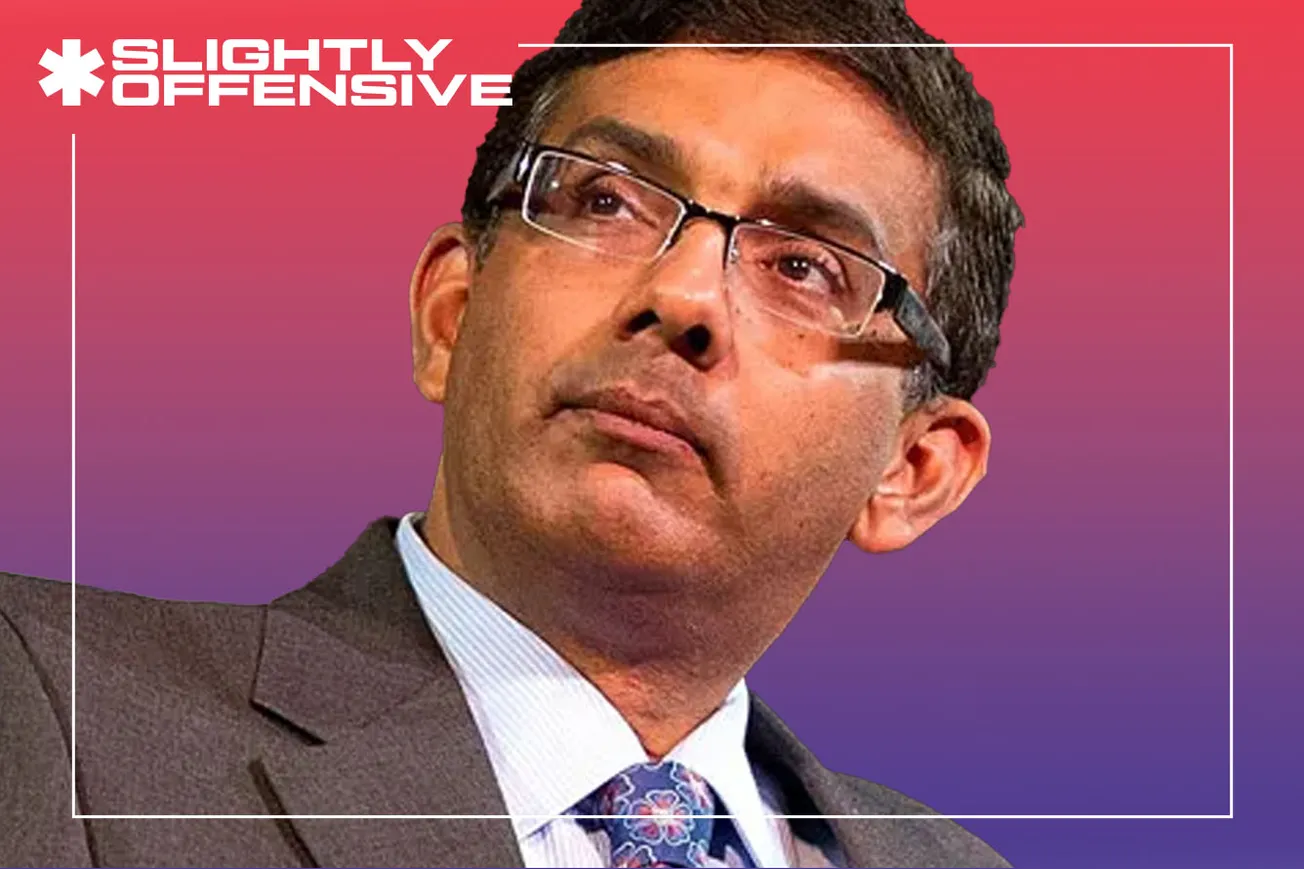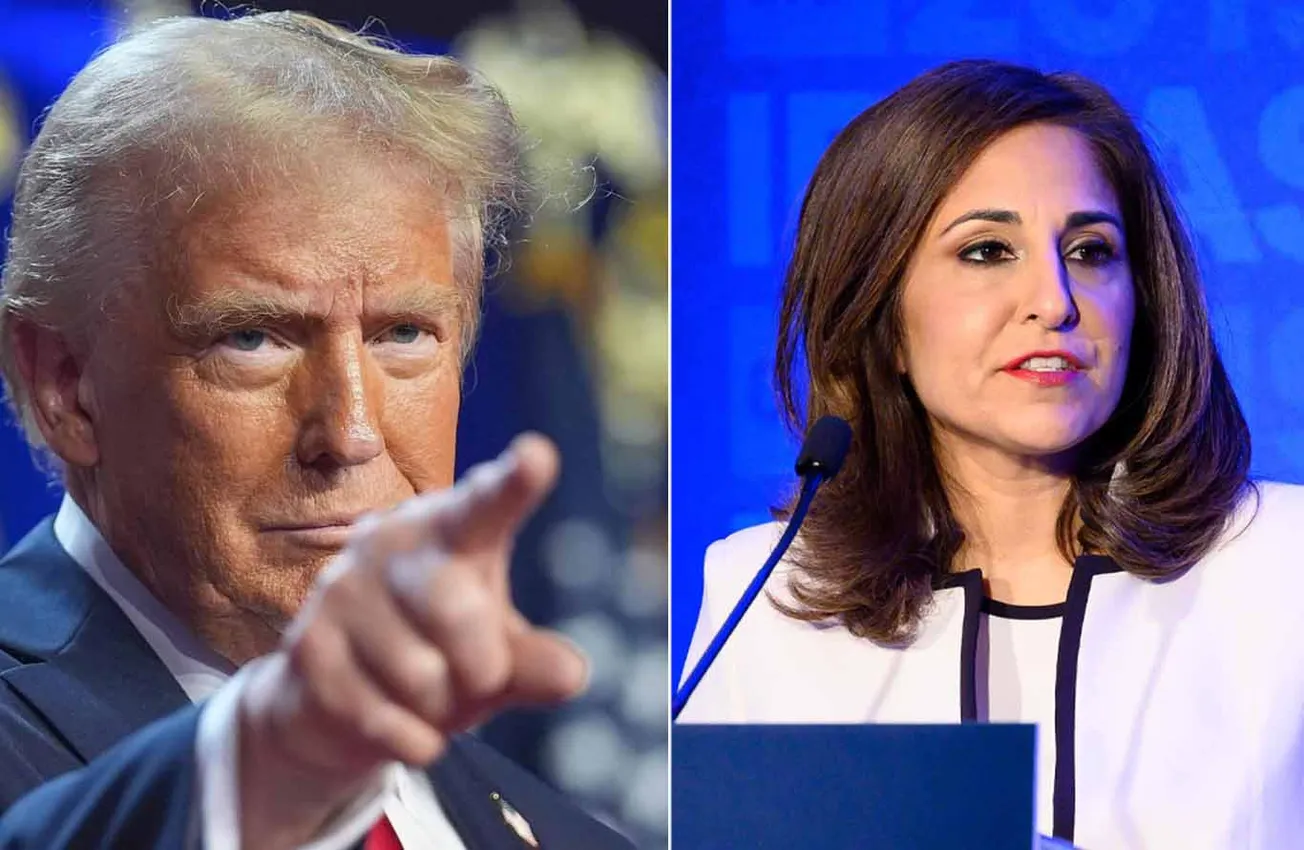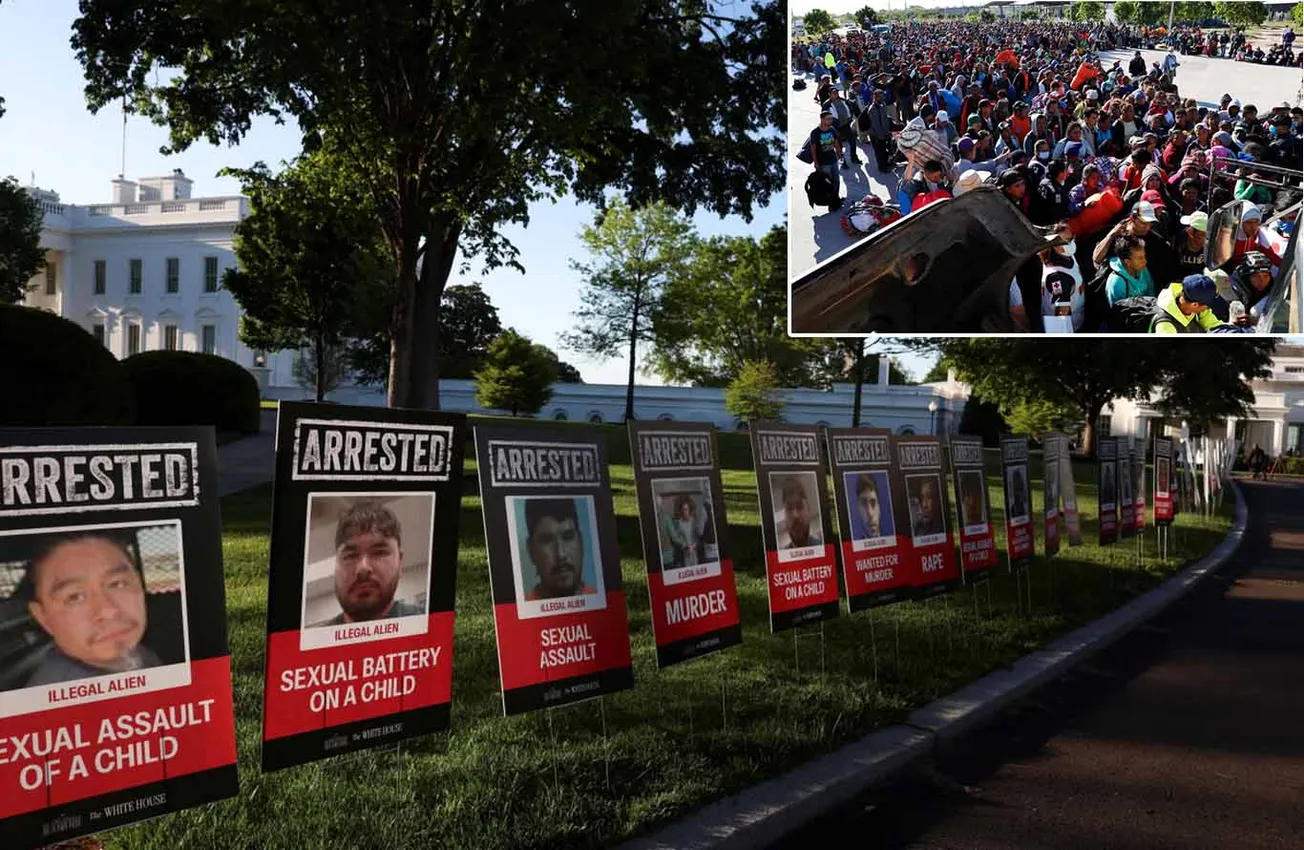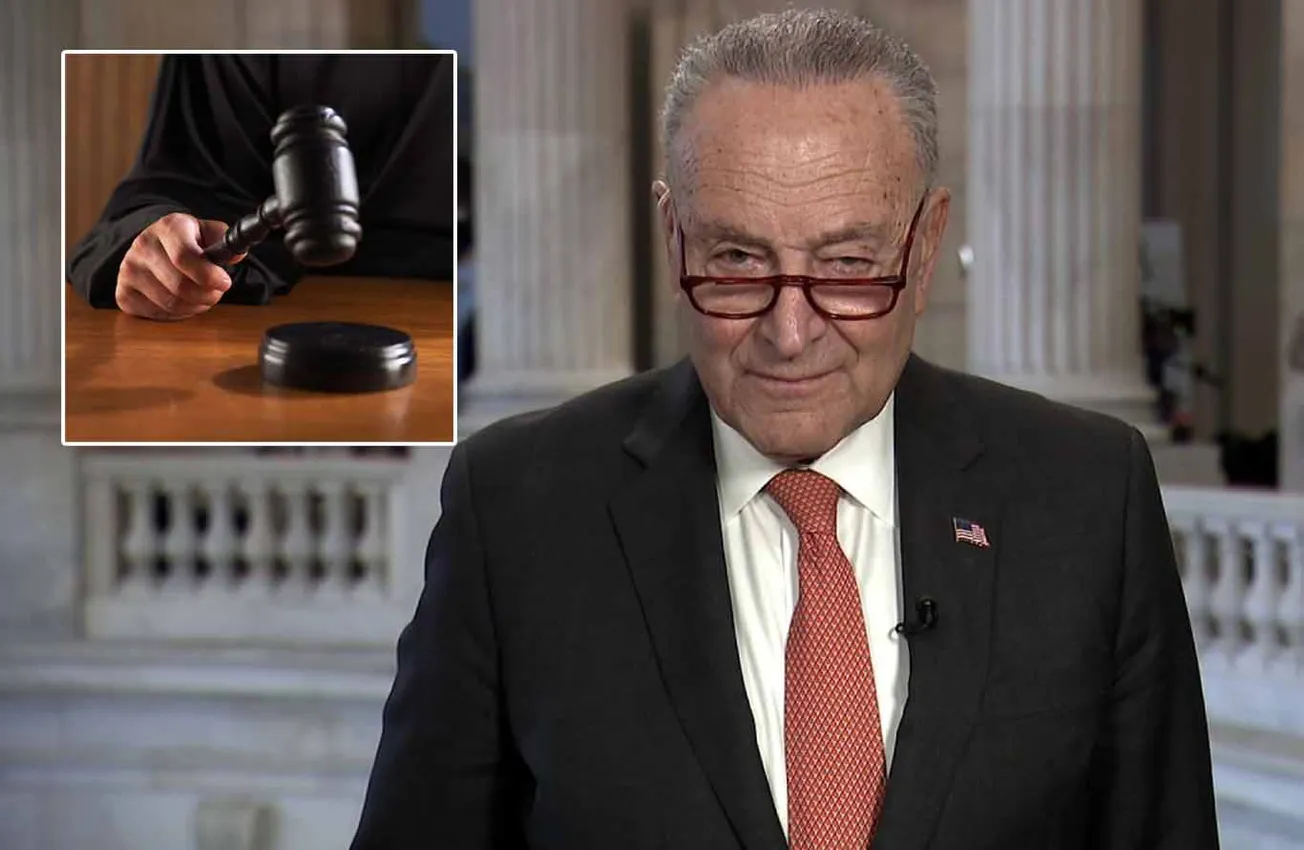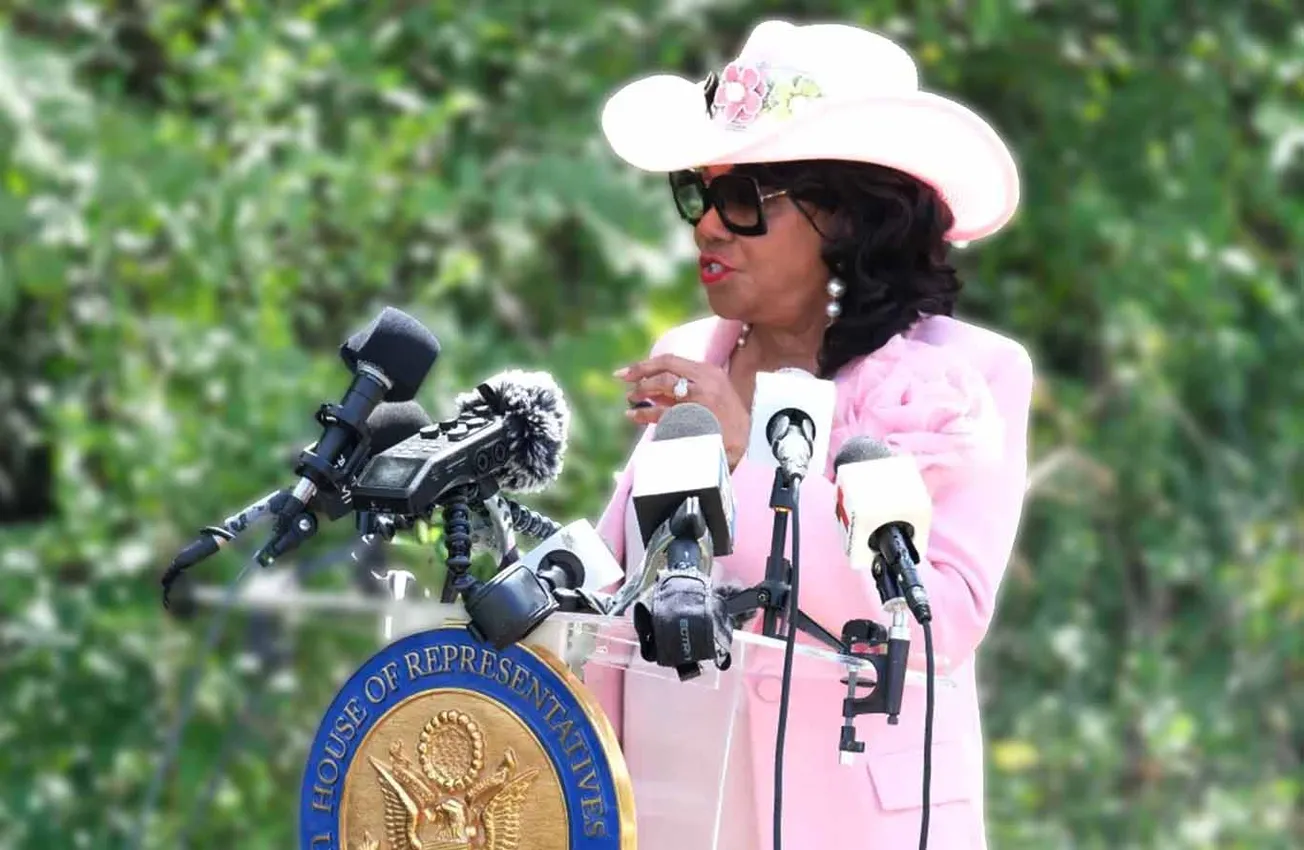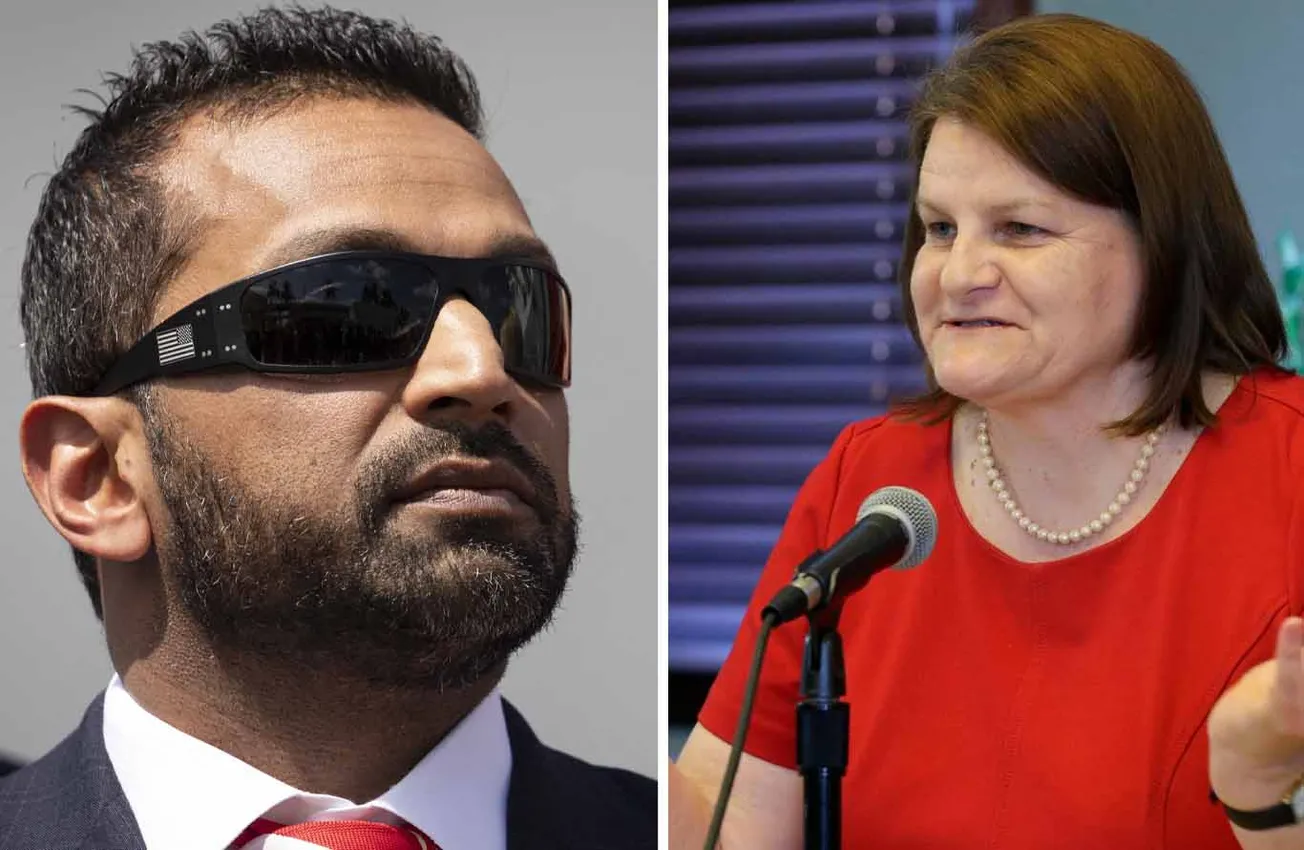It’s not often you see a high-profile political filmmaker offer a public apology, but that’s exactly what Dinesh D’Souza has done regarding his 2022 documentary 2000 Mules. The film, which aimed to reveal alleged election fraud during the 2020 presidential election, accused a Georgia man, Mark Andrews, of being involved in illegal ballot harvesting. Now, after months of controversy and a federal lawsuit, D’Souza has publicly admitted the film got it wrong.
For anyone who’s been paying attention, this is more than just an apology—it’s a moment of reckoning. Let’s dig into why this matters, not just for D’Souza, but for anyone serious about truth and integrity in politics, regardless of party lines.
The Backstory: A Big Claim, a Bigger Problem
2000 Mules was released to considerable fanfare in conservative circles, promising to expose what D’Souza described as systematic election fraud. The film leaned heavily on geolocation data and surveillance footage supplied by the nonprofit True the Vote, alleging that individuals, dubbed “mules,” were ferrying illegal ballots to drop boxes.
Mark Andrews, a Georgia resident, was featured in the film dropping off multiple ballots, which the documentary framed as evidence of criminal activity. But here’s the catch: Andrews was legally depositing ballots for himself and his family, all of whom live at the same address. Georgia law allows this. It wasn’t fraud—it was a routine, lawful action taken out of context.
The Apology: Doing the Right Thing, Finally
After Andrews filed a lawsuit against D’Souza, True the Vote, and Salem Media Group, the publisher of 2000 Mules, the cracks in the film’s claims began to widen. Earlier this year, Salem Media issued its own apology, removed the film from its platforms, and ceased distribution. Now, D’Souza has followed suit, apologizing directly to Andrews and acknowledging that the film’s depiction of him was based on “inaccurate information.”
“Had I known that the videos shown in the film were not tied to geolocation data, I would have made edits to reflect that,” D’Souza wrote on his website. He emphasized that the apology was not part of any settlement but was offered “because it is the right thing to do.”
Credit where it’s due: admitting fault isn’t easy, especially in today’s polarized world. But it’s necessary. This kind of accountability—acknowledging when you’ve gotten it wrong—is the bedrock of credibility, whether you’re a filmmaker, a journalist, or a politician.
True the Vote: A Missing Piece in the Puzzle
True the Vote, the nonprofit whose data was central to 2000 Mules, has distanced itself from the documentary’s editorial decisions. They’ve clarified that Andrews was never part of their geolocation study and that this information was communicated to D’Souza’s team.
Here’s where things get tricky: while True the Vote and D’Souza insist that the film’s broader claims remain valid, this high-profile misstep calls those claims into question. If one accusation was this flawed, how much scrutiny were the others subjected to?
It’s worth asking tough questions, not because we want to dismiss concerns about election integrity, but because those concerns deserve to be rooted in fact. Without rigorous evidence, even the most well-intentioned claims risk undermining the very cause they seek to champion.
The Broader Implications: Calling Balls and Strikes
Let’s be clear: election integrity is an issue worth fighting for. Americans deserve confidence in their electoral process, and allegations of wrongdoing should be thoroughly investigated. But that standard of scrutiny applies across the board. If we’re going to call out one side for spreading misinformation, we can’t give the other a free pass.
This is why D’Souza’s apology matters. It shows that accountability isn’t a partisan issue—it’s a principle. By admitting the film got it wrong in at least one case, D’Souza has taken a step toward restoring credibility, even if it’s a hard pill for some to swallow.
What’s Next for D’Souza and ‘2000 Mules’?
The lawsuit filed by Mark Andrews remains active against both D’Souza and True the Vote, even as Salem Media has been dismissed from the case. Andrews’ legal team argues that the false portrayal has caused significant harm, and it’s hard to dispute that. Being publicly accused of a crime you didn’t commit is no small thing, especially when the accusation is broadcast to millions.
Meanwhile, D’Souza maintains confidence in the overarching claims of 2000 Mules, insisting the 2020 election was marred by insecurity and fraud. Whether the public sees this as a valid stance or a doubling down on shaky ground remains to be seen.
The Takeaway: Truth Matters, No Matter What
At the end of the day, the D’Souza controversy serves as a reminder that the pursuit of truth should never take a backseat to political agendas. If we care about holding powerful institutions accountable—whether it’s the media, government, or filmmakers—we have to hold ourselves to the same standard.
D’Souza did the right thing by apologizing, but this situation also highlights why accuracy and evidence matter so much. The stakes are simply too high to get it wrong.
It doesn’t matter if you lean left, right, or somewhere in between. Integrity and truth are non-negotiable. Let this be a lesson for all of us: if you’re going to swing for the fences, make sure you’re hitting the ball—not striking out on credibility.
Please leave your opinions / comments on these stories below, we appreciate your perspective!

